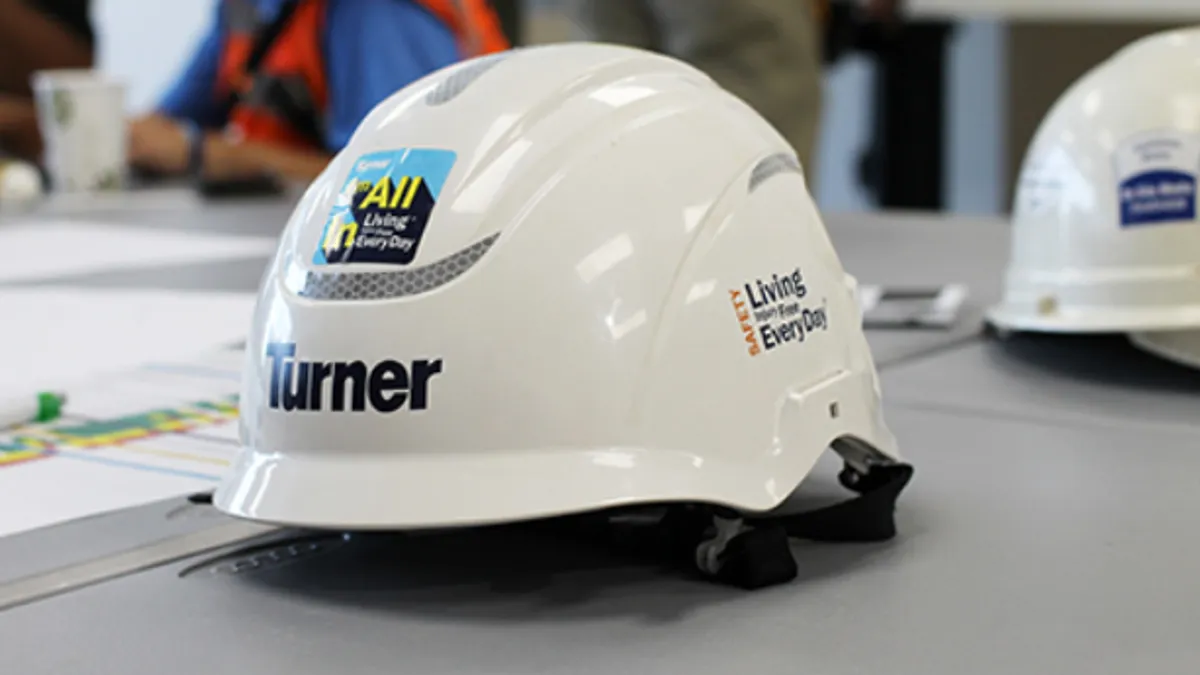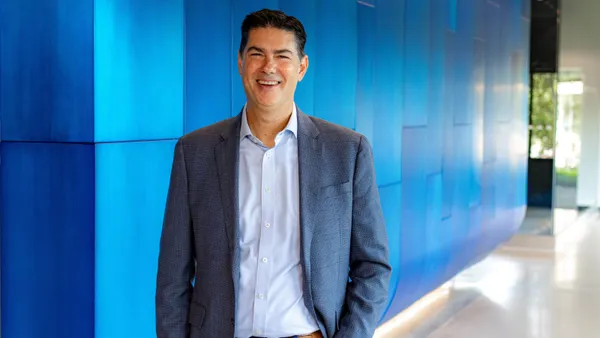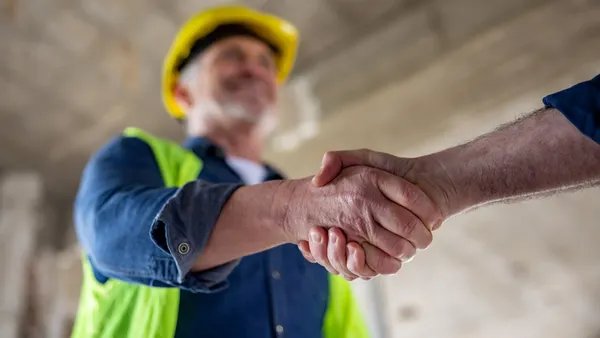Small, regional contractors look to big multinational firms in order to gauge the overall pulse of the industry, to get a leg up on potential bidding opportunities and even emulate them when it comes to innovative project delivery methods and technology. They also enjoy following the large or one-of-a-kind projects that the biggest firms in the country take on.
Turner Construction Co., for example, has completed commercial and infrastructure projects all over the world, including the Burj Khalifa in Dubai, the 118-story Warisan Merdeka mixed-use development in Kuala Lumpur, and in a joint venture with AECOM Hunt, the largest NFL project to date, SoFi Stadium in Inglewood, California.
The New York City-based company is ranked No. 2 on this year's Engineering News-Record's Top 400 contractors in the U.S. list, with $14.6 billion in total 2019 revenue. It also has about 1,500 projects going at any one time.
Obviously, Turner is a leader in the construction industry. And this past year, it emerged as a role model in another way.
The May arrest and death of George Floyd while in police custody, as well as other accusations of police bias against Black Americans, sparked protests that have resonated throughout the year. Even the construction industry was impacted when nooses and racist incidents were reported on project sites around the U.S. and in Canada.
When the same thing happened on Turner projects, the company shut down at least three major jobsites in order to conduct mandatory antibias training: the FC Cincinnati soccer stadium in Ohio, a Facebook data center in New Albany, Ohio, and the Las Vegas Convention Center expansion in Nevada. Turner is a partner in the joint venture that is heading up construction at the Las Vegas project.
In an industry that lives by schedules and milestones in order to deliver projects in a timely manner, this action by Turner grabbed the attention of owners and other contractors and set an example of how to stand up to racist attitudes and actions on jobsites.
More importantly perhaps, is that by taking a leadership role in the battle against racism, Turner is implicitly encouraging other contractors to do the same.
“I just think getting out in front of this thing is very, very important,” CEO Peter Davoren said. “I think that others will rally around it.
Industry accolades
This zero-tolerance policy has been supported by Turner's clients as well as by unions, workers, subs and suppliers, Davoren said. It also won praise from Kenneth Thomas, co-founder of the New York City-based Minority & Women Contractors & Developers Association, who said that advocates like him can only do so much to bring about change without buy-in and action from standard bearers like Turner.
"I think the comprehensive actions they are undertaking to address systemic racism within the construction industry are critically important," he said. "Institutional builders like them set the tone for how operations should be conducted on their sites."
Ultimately, Thomas said, he believes that the company's actions will reverberate beyond the short term.
"I truly believe that this will provide a competitive advantage for them as they bid for work via private and public entities that have become increasingly sensitized to the vertical integrations of wholistic policies throughout the operational chain that reinforce diversity and inclusion while swiftly mitigating 'isms' of any kind," Thomas said.



 Read more
Read more









